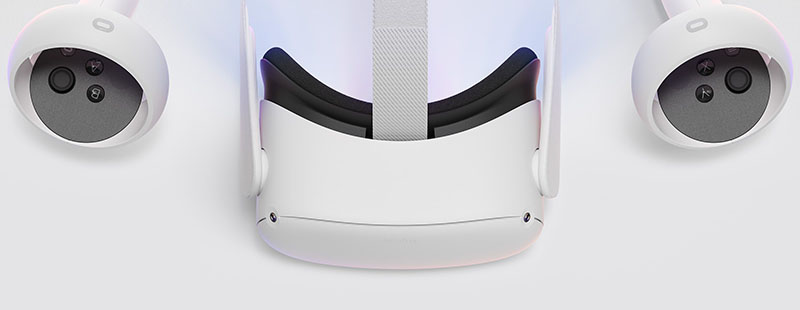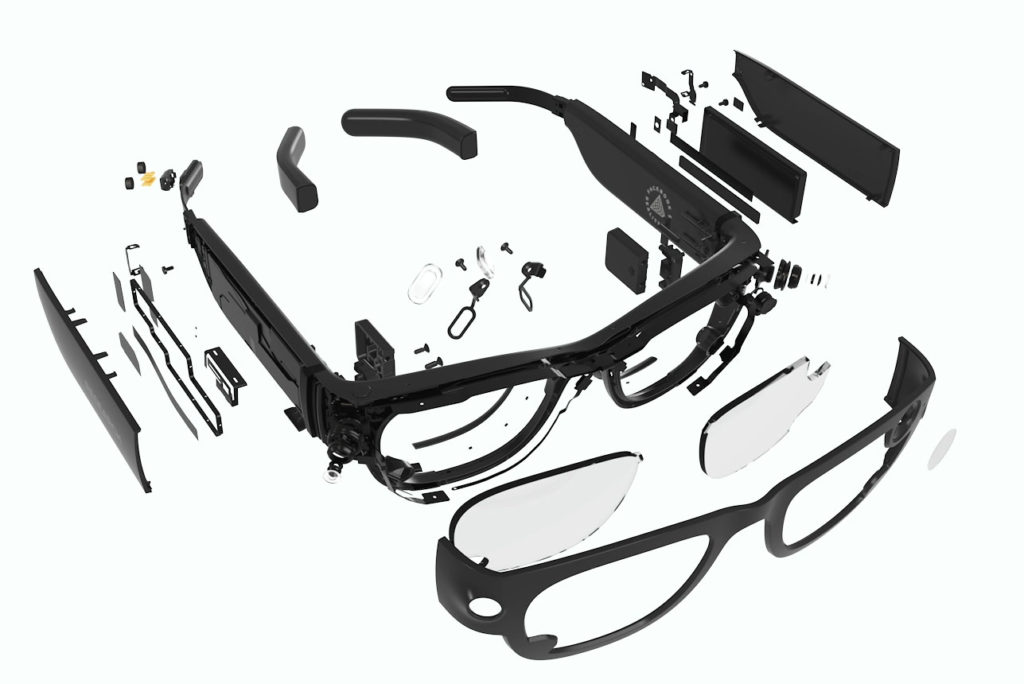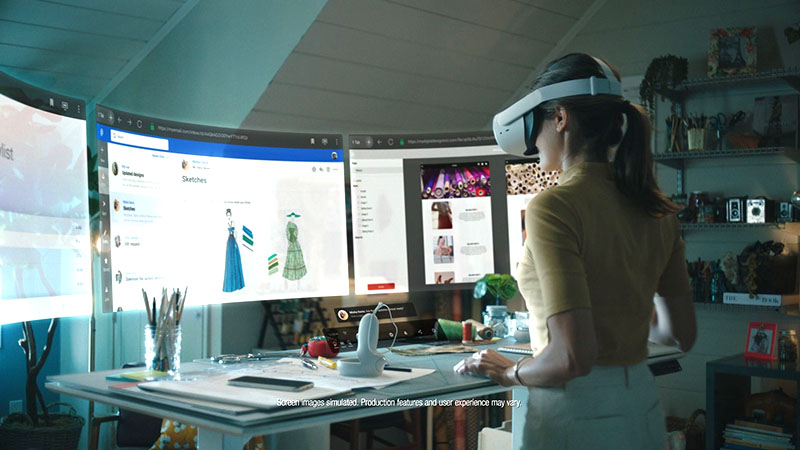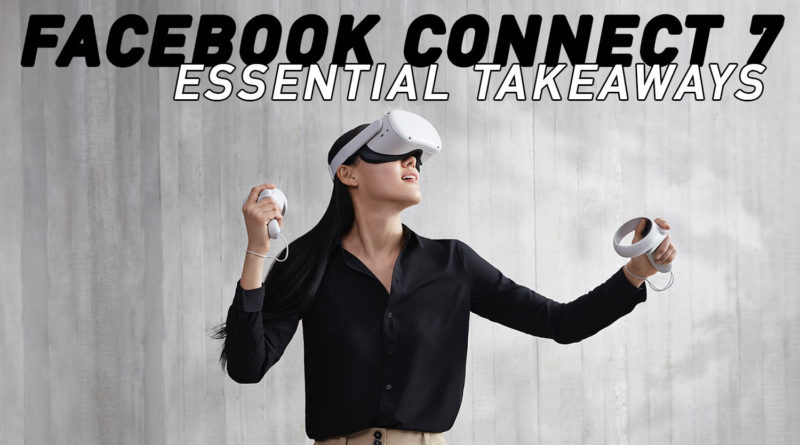Facebook Connect 7: Essential Takeaways
Facebook Connect 7 took place last week in its first virtual online edition. Among the many exciting and curious pieces of information to trickle out from the conference, a new Quest, a breakthrough virtual office environment, the demise of Rift hardware, and those controversial login and account policies all earned screen space in the tech world. Here, we will take a look at the major revelations of Facebook Connect 7.
Quest 2: Just the Facts

The much-hyped, already leaked successor to the massively successful Oculus Quest has finally been officially announced and will stick to a street date of October 13th. Preorders are already being taken for the two Quest 2 editions: 64 GB at $299 or 256 GB at $399. Both versions of Quest 2 prove lighter, more graphically impressive, more internally powerful, and longer-lasting than it’s the first Quest, the following being standard in its successor:
Display: 1832×1920 LCD; near-2K per-eye resolution; 90Hz refresh rate
Processor: Snapdragon XR2 CPU, 6GB RAM
IPD options: 58mm, 63mm, 68mm
Weight: 503g
Power: 2-3 hours battery
Hello, Goodbye
For the duration of Facebook Connect 7, presenters spoke of the Quest 2 in place of almost every other piece of head-mounted hardware. Even when discussing the Rift S, it was strongly suggested users would prefer running those apps and games on Quest 2 with Oculus Link. The announcement that Rift S sales would end in 2021 does not mean the entire Rift platform is disappearing, though, with a company rep stating “we’ve seen significant growth in PC VR via Oculus Link, and the Rift Platform will continue to grow while offering high-end PC VR experiences.”
Behind the Scenes with Ray-Ban

The race to produce a game-changing AR device, one that brings the tech into mainstream use in a stylish, approachable, affordable way is a race Facebook hopes to win. Announced with a projected release date sometime in 2021, Project ARIA combines the forces of Facebook and Ray-Ban and, though initially seeming like Facebook’s market-ready AR glasses were about to land, is heading straight for R&D.
ARIA was referred to by multiple FB7 speakers as a “research device” and is now clearly meant for internal use, not commercial sale. An “all-day wearable computer” already being employed by Facebook developers to build the foundations of how users will utilize AR to enhance and, well, augment their world. It might be some time before those developments reach users, however.
Infinite Office, Infinite Possibilities

Anyone who has tried to integrate VR fully into their day-to-day workflow has likely found it awkward at best, impossible at worst. Facebook’s forthcoming Infinite Office project. A VR environment offering multiple active, customizable virtual screens a user can arrange and utilize to suit their own specific needs. Perhaps most importantly, Facebook is allowing developers access to the Infinite Office SDK so they can create their own augmented and mixed reality applications. Not limited to productivity apps, expect this SDK to usher in a wave of independent game creators previously cut off from a huge audience of Oculus users.
As with every Facebook (formerly Oculus) Connect, there’s almost too much to discuss. Some subjects must be saved for further investigation, of course, so be sure to keep tabs on Virtual Reality Observer for continued coverage of Facebook, Oculus, and their tantalizing future.

